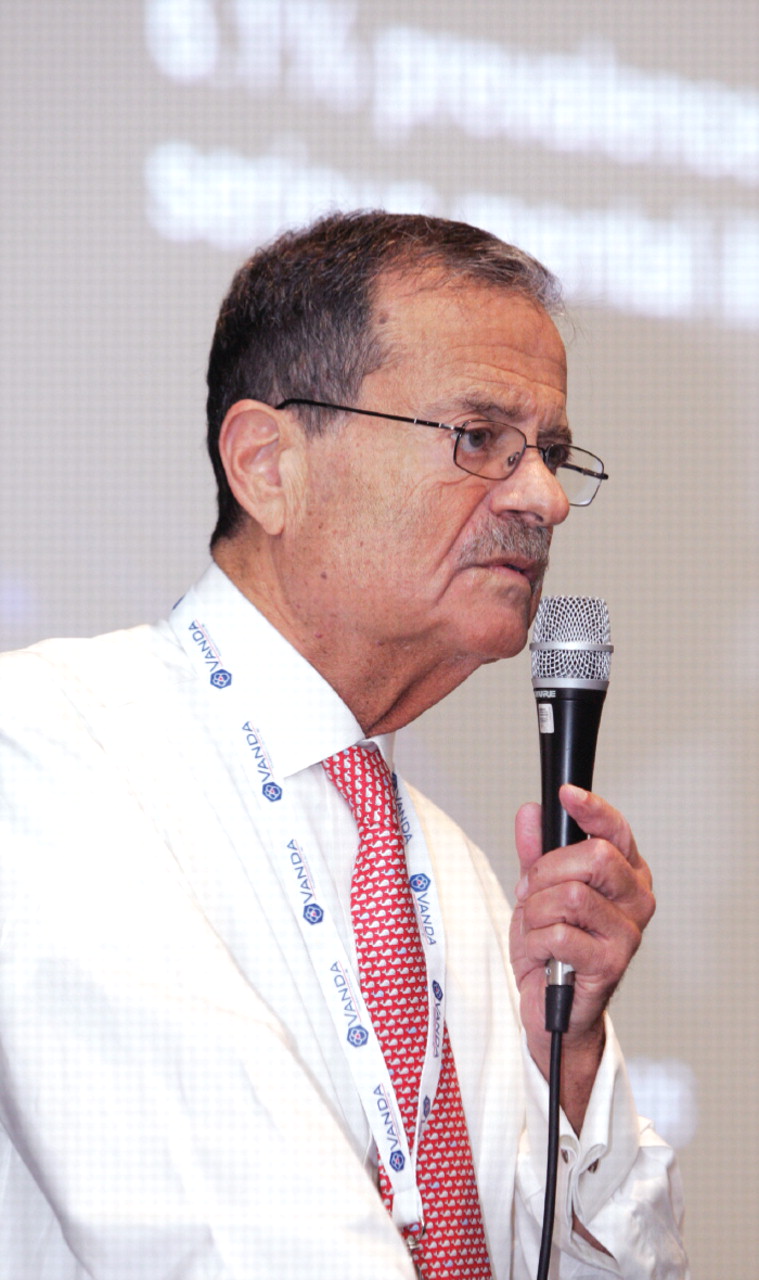The slow reconstruction of New Orleans' physical infrastruct ure has been accompanied by the increased mental health needs of its citizens and by lagging availability of services, said several speakers at APA's annual meeting in San Diego in May.
Children were especially hard hit by Hurricane Katrina and its aftermath, traumatized by loss of their homes and communities and separation from families and friends, said Joy Osofsky, Ph.D., clinical director of Louisiana Spirit and a professor of pediatrics, psychiatry, and public health at Louisiana State University Health Sciences Center (LSUHSC) School of Public Health. Louisiana Spirit offers crisis counseling to child and adolescent hurricane survivors in the state.
For children, distress varied with age; their history of trauma and loss; support received from family, school, and community; and by the trauma they experienced directly. All of this was compounded by pre-existing or subsequent poverty.
“These children were resilient if they were supported by their family and community, but those supports were devastated by the storm,” said Osofsky. “The old networks of extended families were lost.”
The LSUHSC, in collaboration with school systems, has screened 12,000 children, asking about their experiences and feelings in the wake of the storm. About 46 percent of the children interviewed were African American, 44 percent were white, 4 percent Hispanic, and 6 percent other.
Lives Remain in Disarray
By spring 2007, a majority of New Orleans students were still not back in the schools they had attended before the storm. They had moved an average of three times since the storm. Only 41 percent lived in their own homes while 27 percent lived in trailers supplied by the Federal Emergency Management Agency. Half of these children had an unemployed parent, 45 percent had homes that were destroyed, and 90 percent had seen hurricane-related damage. Some still don't know where members of their extended families are.
In fall 2006, 41 percent of fourth through 12th graders continued to meet the National Child Traumatic Stress Network (NCTSN) cutoff score indicating a need for mental health services, though only 5 percent had actually received such services.
Among 787 younger children five months after the storm, 32 percent met the cutoff score for referral to mental health services, and 44 percent of parents had asked for counseling services. The LSU team reinterviewed 184 of those parents about 15 months after Katrina and found no significant changes in the children's mental health or the parents' desire for counseling services.
“While most children will be resilient, it is important to build capacity and provide services at sites accessible to children and their families—schools, clinics, or community centers,” said Osofsky.
“We need a national response plan, but one implemented on a local level,” to address the long-term effects of devastation, economic loss, and safety fears, she said.
Psychiatric Facilities Decimated
Among the general population, a higher percentage of current residents (11.3 percent) have serious mental illness than before the storm (6.7 percent), said Howard Osofsky, M.D., clinical director of Louisiana Spirit and chair of psychiatry at the LSU Health Sciences Center in New Orleans. At the same time, more patients who need mental health care cannot get it and many cannot obtain the medications they need.
Before Katrina, there were 99 public psychiatry beds at Charity Hospital (which is now closed) and a 40-bed crisis intervention unit, said Osofsky.“ We're now down to 20 adult public psychiatry inpatient beds in New Orleans, and 14 for children or adolescents, compared with 30 before-hand. There are few substance abuse slots, limited geriatric services, and limited public outpatient services.”
The inpatient beds are all at the New Orleans Adolescent Hospital (NOAH), said director Martin Drell, M.D., in an interview. Another 10 to 15 beds for adolescents are scheduled to open in August when Children's Hospital opens a unit on the DePaul Hospital campus, he said.
NOAH has received funds to retrofit another unit to serve adults, one that will be operated by Tulane University.
NOAH is also fitting out a large van as a mobile psychiatric clinic to serve seriously mentally ill children and that will operate in conjunction with a mobile pediatric clinic and another mental health unit.
Many acute psychiatric patients go to emergency rooms in a crisis, but beds are in short supply at those facilities, too, and priority is usually given to others.
“I talked to one emergency room doctor and he said, 'Psychiatric patients are clogging up ER beds,'” said Howard Osofsky. In fact, there are no specific emergency psychiatric services in New Orleans, he said. Patients must be taken to the general emergency room, where they are not welcomed. Nevertheless, they may have to wait up to two days to before a bed can be found. Some may be taken to the county jail, but at least they can receive medications there.
Police get about 200 emergency calls a month concerning people who threaten suicide or have serious mental illness. “Police, EMS personnel, patients, and families are often treated with hostility and made to feel unwelcome by overburdened ERs,” said Howard Osofsky.
The city's needs are still immense, he emphasized. He would like to see a crisis-intervention unit, a 72-hour stabilization unit, next-day outpatient unit for discharged patients, more inpatient beds at hospitals to replace those at Charity, round-the-clock community care in the city to divert patients from emergency rooms, and a night and weekend crisis-response services. “To maintain the few mental health professionals we have, we need mental health facilities now,” he stated.
The governor of Louisiana has ordered development of a comprehensive system of care, one encompassing emergency facilities, inpatient beds, and improved substance abuse and community services, but progress has been slow.
As for post-Katrina psychiatric education, Tulane University has maintained its residency programs since the storm, and residents rotate at Tulane University Hospital and Clinic, various state facilities, and the New Orleans Veterans Affairs Health Care System, Tulane Psychiatry and Neurology Department Chair Daniel Winstead, M.D., told Psychiatric News in a later interview.
NOAH's residency program was filled through the 2007 match, said Drell.
LSU's residency program is in operation, but clinical offices have not been restored nearly two years after the hurricane. Residents struggle to care for patients without adequate facilities for follow-up, and holding on to core faculty has been difficult, said Howard Osofsky.
Osofsky repeated the words of New Orleans judge Ernestine Gray, who said,“ We do not need more conferences focusing on long-term solutions. We need services now.”
“The New Orleans' experience requires us to confront questions that go beyond science to policy,” agreed another presenter, Robert Ursano, M.D., a professor of psychiatry and neuroscience and chair of the Department of Psychiatry at the Uniformed Services University of the Health Sciences.“ How can we fix these problems and how can we fix them now?”▪

